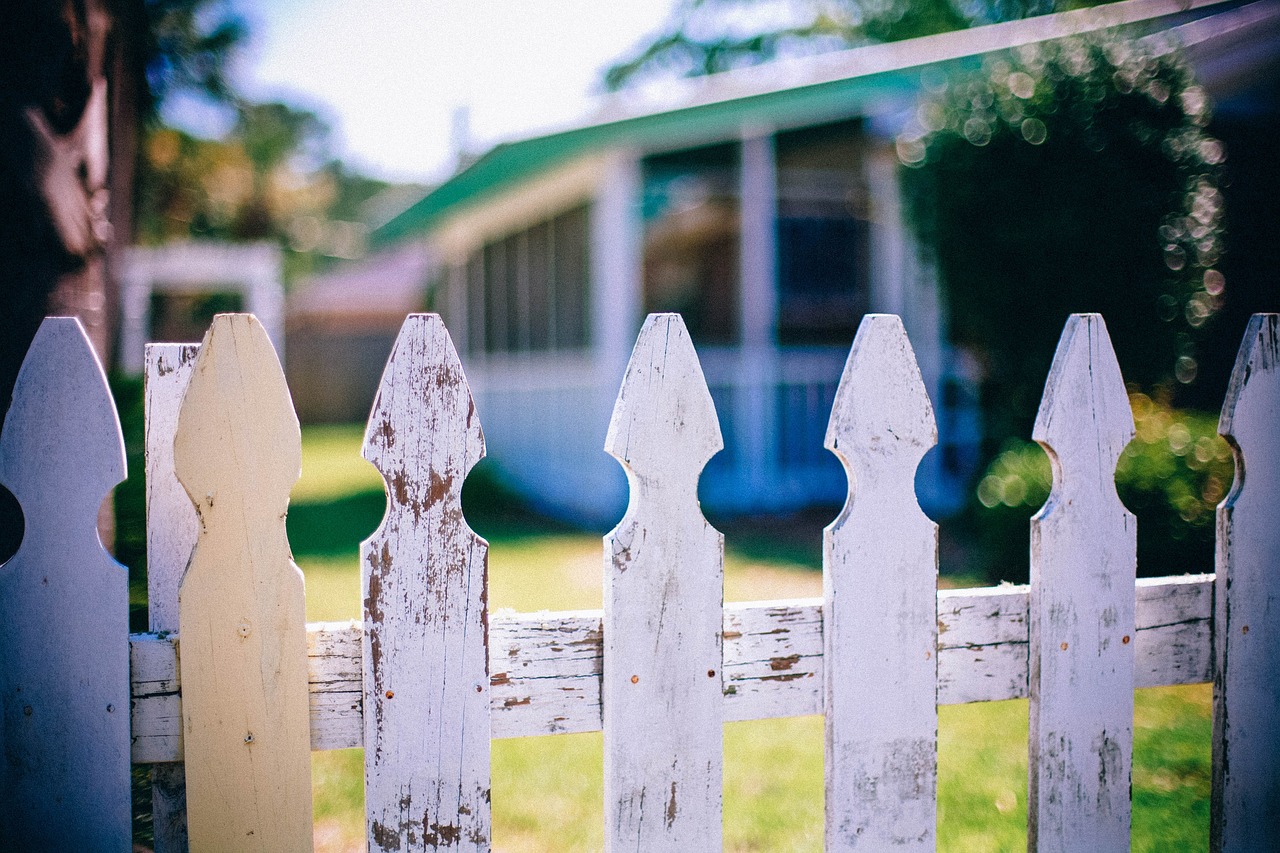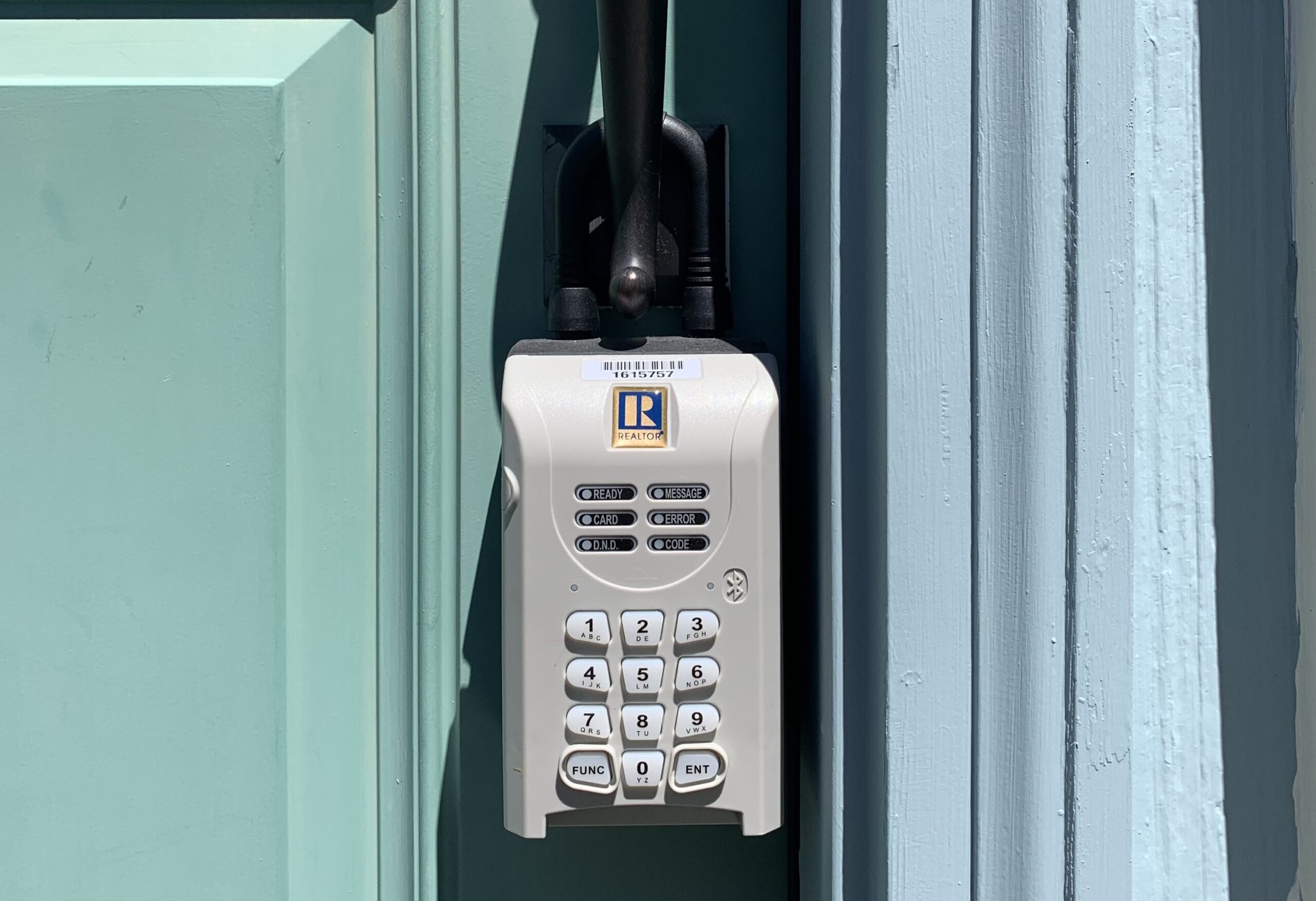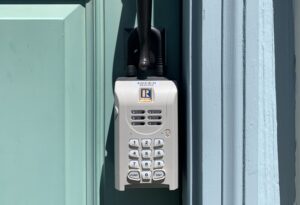I have a primary reason for homeownership. Whether cultivating my garden, decorating a room, or filling my closets with whatever equipment and clothing my life seems to require, I can do so because I have this fancy box, and the land it sits on..
In case you ever wonder why I got into real estate, it wasn’t an HDTV style love of houses! Nope, it wasn’t money either, (although I appreciate and need income in exchange for my services). I began my work in real estate because I enjoy transactions and advocating for my clients. I am skilled at teaching, negotiating, and setting expectations. But underneath it all, I love having my own house, and I love the ‘bundle of rights’ that come with it. I believe everyone should have access to this, if they want it.
One of the fundamental reasons people created the concept of property ownership, boundaries, and borders is the need to feel safe and at ease. We need a home base where no one is going to bother you or bug you. Like needing food, humans also need a safe spot to sleep, and live.
The Bundle of Rights
In real estate, the “bundle of rights” represents legal rights that are yours along with owning property. These include: The right of possession (you get to live in it), the right of exclusion (people can’t come in unless you invite them), the right of disposition (you could sell it, you could rent it, transfer your rights to someone), and my favorite: the right of quiet enjoyment. This last one means that each of us has a right to enjoy our property undisturbed by others.
The right of quiet enjoyment obligates us to negotiate with neighbors, so that each of our versions of ‘enjoying our property’ don’t infringe on the others’ rights.
The story begins…
 Listen to this: when I first owned a home, Portland summers were cooler and I didn’t have air conditioning- I kept windows open at night. One early evening, I was laying on my bed reading, hearing the faint sound of breeze in the trees, and maybe a distant cricket, when I heard a noise like an air compressor. I thought, “WHO is using an air compressor at this time of night?” and went to my window to look out. There, between my house and the neighbors was a newly installed central air conditioning unit. The horror. It was directly below my bedroom window, next to the neighbor’s house which was only about 10 feet from my house. My right to quiet enjoyment was suddenly feeling uncertain.
Listen to this: when I first owned a home, Portland summers were cooler and I didn’t have air conditioning- I kept windows open at night. One early evening, I was laying on my bed reading, hearing the faint sound of breeze in the trees, and maybe a distant cricket, when I heard a noise like an air compressor. I thought, “WHO is using an air compressor at this time of night?” and went to my window to look out. There, between my house and the neighbors was a newly installed central air conditioning unit. The horror. It was directly below my bedroom window, next to the neighbor’s house which was only about 10 feet from my house. My right to quiet enjoyment was suddenly feeling uncertain.
I stared at it in dismay for a minute, and soon I was talking to the neighbor about it. The neighbor at that time wasn’t very sympathetic. They said “I want to be cool” and I said “I want to sleep without that noise going on and off!” I offered to bring them up to my bedroom so that they could hear how loud it was. Eventually, after various discussions, my neighbor agreed to turn their A/C off after 10pm. About 5 years later, they moved the whole air conditioning unit to another side of the house so that I wouldn’t hear it. (I was just as surprised when I looked out the window and saw a bare patch of dirt where the A/C unit had been, as I had been when it appeared in the first place). Years later the neighbor and I laughed about this. I said, “I’m sorry, I was less flexible in my youth” and she said “I didn’t always see things from others’ perspectives” and we agreed to put it all behind us.
Although this took some time, it was a great outcome. It took a little negotiation and understanding, and a common goal (we both want to live in peace), but we eventually arrived at a solution that satisfied both of us.
Resources:
A recent episode from the Life Kit podcast focused on neighbors and how to resolve disagreements between them (interestingly, the majority of neighbor complaints in a 2023 study of 11,000 reports in the Seattle area were about weeds). Key points from this podcast included:
- Step back for a moment, and wait until you have the emotional bandwidth to approach the issue
- Get curious: what is it about this issue that really bothers you? What could be going on with your neighbor, and their life? Are there underlying needs or viewpoints?
- Try to address the issue in person. In person communication will help avoid misinterpretation of tone or message. If this doesn’t feel safe to you, a note is second best! If you leave a note, humanize yourself by adding a photo and/or keep your language neutral, and offer to discuss in person if that feels appropriate. Try to find common ground with your neighbor.
- If resolution stalls, it’s possible to involve your local resources, for instance city agencies which govern noise nuisances, unsafe behavior, and so on. If you live in a community with an HOA, there will be avenues of recourse there as well.
Living in an urban area, near other people is a great opportunity for community, friendship, and shared experiences. It can also include some compromises to protect everyone’s rights to enjoy their property and live harmoniously. If you’re interested in listening to the entire (20 minute) podcast on Neighbor Drama, click HERE or find it in your podcast App at Life Kit.
Best wishes for harmonious and enjoyable living this fall and beyond!
 Just three days later, my hair whisperer called to say they were on their way to an open house, “to check it out”. It was love at first step. The 117 year old home had original leaded glass, wood floors, remodeled bathrooms and kitchen, and a front porch with roses creeping over the railing. I looked through the listing details and spoke with the listing agent to determine what offer terms would be meaningful to the sellers. I also put together a report of recently sold comparable homes to determine price, and worked with my buyers’ lender to be sure we were putting together a plan to succeed. My buyers weren’t the only ones who loved the house: by Sunday afternoon there was an offer deadline, and we ultimately competed against three other offers.
Just three days later, my hair whisperer called to say they were on their way to an open house, “to check it out”. It was love at first step. The 117 year old home had original leaded glass, wood floors, remodeled bathrooms and kitchen, and a front porch with roses creeping over the railing. I looked through the listing details and spoke with the listing agent to determine what offer terms would be meaningful to the sellers. I also put together a report of recently sold comparable homes to determine price, and worked with my buyers’ lender to be sure we were putting together a plan to succeed. My buyers weren’t the only ones who loved the house: by Sunday afternoon there was an offer deadline, and we ultimately competed against three other offers. Today, exactly four weeks after my hair cut, we closed on their ‘dream house’. On this rainy fall evening, my buyers unlocked the door for the first time to begin a new era in the neighborhood they love, with the bigger, character-filled home they didn’t think was within reach.
Today, exactly four weeks after my hair cut, we closed on their ‘dream house’. On this rainy fall evening, my buyers unlocked the door for the first time to begin a new era in the neighborhood they love, with the bigger, character-filled home they didn’t think was within reach.

 Listen to this: when I first owned a home, Portland summers were cooler and I didn’t have air conditioning- I kept windows open at night. One early evening, I was laying on my bed reading, hearing the faint sound of breeze in the trees, and maybe a distant cricket, when I heard a noise like an air compressor. I thought, “WHO is using an air compressor at this time of night?” and went to my window to look out. There, between my house and the neighbors was a newly installed central air conditioning unit. The horror. It was directly below my bedroom window, next to the neighbor’s house which was only about 10 feet from my house. My right to quiet enjoyment was suddenly feeling uncertain.
Listen to this: when I first owned a home, Portland summers were cooler and I didn’t have air conditioning- I kept windows open at night. One early evening, I was laying on my bed reading, hearing the faint sound of breeze in the trees, and maybe a distant cricket, when I heard a noise like an air compressor. I thought, “WHO is using an air compressor at this time of night?” and went to my window to look out. There, between my house and the neighbors was a newly installed central air conditioning unit. The horror. It was directly below my bedroom window, next to the neighbor’s house which was only about 10 feet from my house. My right to quiet enjoyment was suddenly feeling uncertain.
